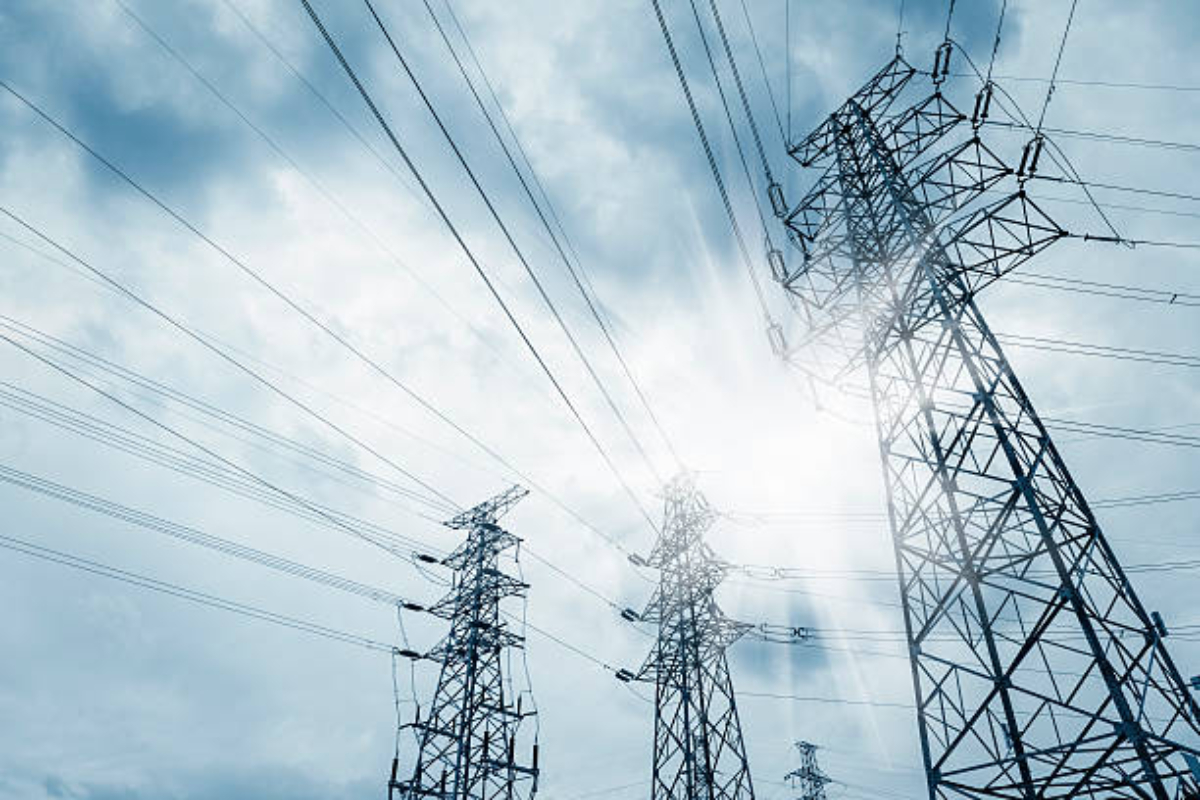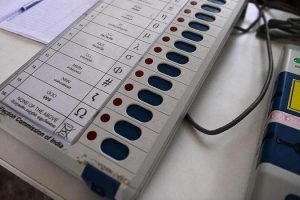The power-starved Jammu and Kashmir will get electricity from West Bengal, Bihar and Bhutan as the Centre on Thursday increased power allocation to J&K by about 293 MW to meet the winter crisis.
According to the spokesperson for the Jammu & Kashmir Power Development Department (JKPDD), in today’s digital era, modern tools and software enable power transfer and management in an automated manner without requiring any human intervention, depending upon the demand, availability, and of course the network feasibility.
Regarding new power allocations made today by Government Of India to J&K, the spokesman said that Jammu & Kashmir, being primarily dependent on hydroelectric power, faces significant fall in generation during winters due to low water level in rivers and therefore, around 85 per cent of power supply during winters is sourced from thermal plants to compensate for the deficit during winters.
The spokesman reiterated that the UT is making every effort to ensure sustainable and firm power availability throughout the year. In this direction, during the current financial year, the UT has entered into Power Purchase Agreements (PPAs) for 1600 MW of Solar power , 900 MW from Hydro, and an additional 500 MW from thermal plants, currently in progress following the decision of the UT Administrative Council under the Shakti policy.
This will not only lead towards resource adequacy for the region, but will also provide an optimal mix of Hydro, Thermal, Solar generation, while the efforts are underway to harness wind power as well so that the strength behind renewable energy is utilized to the maximum.
Regarding the hours of power supply to consumers, the spokesperson said that smart metering is under implementation in mission mode and focus is on ensuring uninterrupted and regular power supply in areas saturated with smart meters, while also curbing losses.
In areas without smart metering, the department is sustaining the same number of power supply hours as maintained during the previous year. Moreover, there is a curtailment schedule in effect which is diligently being published to prevent any inconvenience to the public.
Recognizing the urgency, the spokesman emphasized on discontinuing the use of obsolete and environmentally unfriendly electric heating systems. The spokesman also mentioned that numerous crude heaters which have been banned by the department were recovered by the enforcement squads of KPDCL in the recently conducted inspection drives in Kashmir.
In addition to maintaining reliable power supply amidst extreme weather conditions, the Power Development Department (PDD) is proactively engaged in eradicating instances of illegal hooking. In the last seven days itself, inspection teams of KPDCL have conducted 7585 number of inspections in different districts of Kashmir region and imposed a fine of Rs.68 Lakhs on the defaulters.












